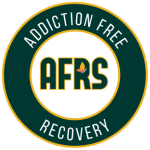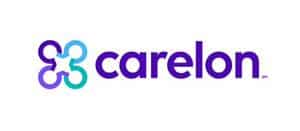Helping an alcoholic parent is a challenge that requires a blend of understanding, compassion, and practical strategies. This comprehensive guide aims to provide insights and actionable advice to assist those facing this difficult situation.
Understanding Alcoholism in Parents
Alcoholism, or Alcohol Use Disorder (AUD), affects millions of individuals and their families. Recognizing the signs of alcoholism in a parent is the first step towards helping them. Common signs include frequent blackouts, mood swings, prioritizing drinking over responsibilities, and drinking in secret.
Approaching Your Alcoholic Parent
The approach to helping an alcoholic parent begins with a conversation, albeit a challenging one. It’s crucial not to confront them while they are under the influence or approach them aggressively. Instead, speak from a place of love and concern, focusing on how their behavior affects them and the family. Using “I” statements to express your feelings can help avoid making them defensive.
Strategies for Supporting an Alcoholic Parent
- Educate Yourself: Learn about alcoholism to understand what your parent is going through.
- Avoid Enabling: Do not cover up or make excuses for your parent’s drinking.
- Seek Support: Look into support groups like Al-Anon or SMART Recovery for yourself and your family.
- Encourage Professional Help: Gently suggest treatment options, but remember, you cannot force someone to seek help.
- Set Boundaries: Protect your well-being by setting clear boundaries with your parent.
Treatment Options
Various treatment options are available for individuals struggling with alcoholism. These include inpatient and outpatient treatment programs, 12-step programs like Alcoholics Anonymous, individual therapy, and support groups. Medication-assisted treatment (MAT) may also be an option for some individuals.
Maintaining a Relationship
Maintaining a relationship with an alcoholic parent can be complex but important. Regular communication, shared activities that don’t involve alcohol, and clear expressions of love and concern can help. It’s also crucial to manage your expectations and prepare for setbacks, as recovery is often a long and non-linear process.
Self-Care and Support for Family Members
It’s vital for family members to take care of their own mental and emotional health. This can involve joining support groups like Al-Anon, seeking individual therapy, and engaging in self-care practices. Remember, you’re not alone, and support is available for both you and your alcoholic parent.
Helping an alcoholic parent is a journey filled with challenges, but with the right approach and support, it is possible to aid them in their recovery journey while also taking care of your own well-being. Remember, the goal is to approach the situation with empathy, offer support, and encourage professional treatment, all while ensuring you have the support you need.
For those dealing with an alcoholic parent, resources and support are available. Organizations like the National Institute on Alcohol Abuse and Alcoholism and the Substance Abuse and Mental Health Services Administration offer valuable information and tools to help.


























